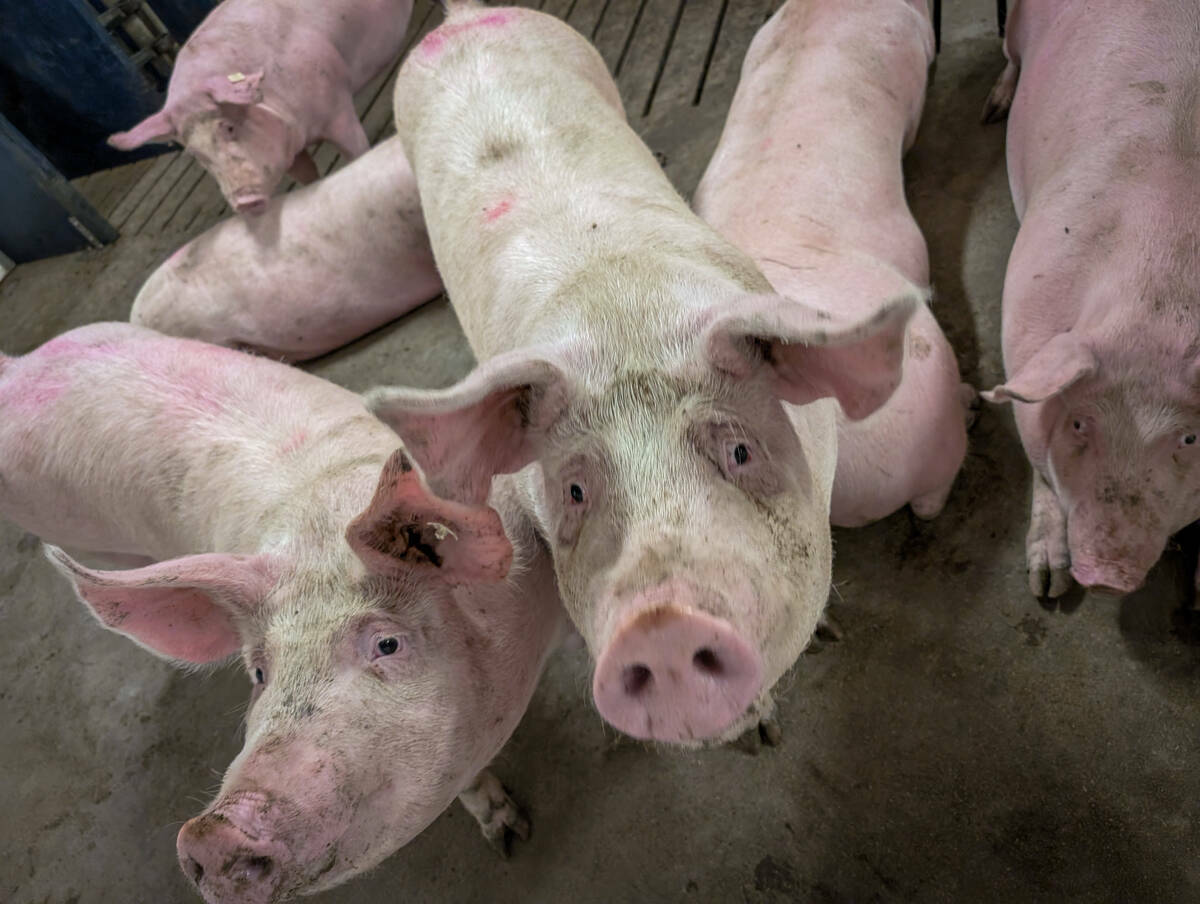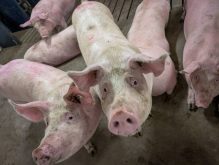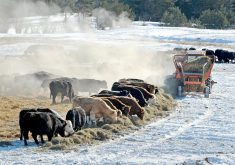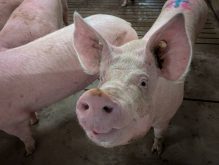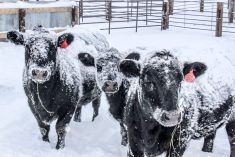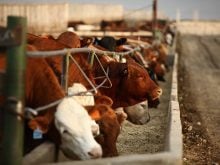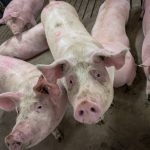Glacier FarmMedia – Health Canada has indefinitely suspended a proposed update to the novel food policy governing foods derived from cloned cattle and swine, as well as their progeny.
This decision is regarding the regulation of food derived from somatic cell nuclear transfer (SCNT) cloned cattle, swine and their offspring.
Health Canada’s announcement to indefinitely pause its proposed update is based on the volume and nature of feedback from industry stakeholders as well as public pushback. Public dissenters have said Canadians could soon be eating cloned beef and pork without knowing it. Health Canada said there are currently no approved foods from cloned products on the market in Canada.
DuBreton, North America’s leading suppliers of organic pork, approved the decision.
A recent survey by duBreton, which is based in Québec, concluded that 74 per cent of consumers are concerned about gene-edited pork in their food supply.
“Canadians expect clarity, transparency and meaningful consultations on issues that directly touch their food supply,” duBreton president Vincent Breton said in a press release in late November.
“As producers, we consider it our responsibility and believe our governing food authorities should too.”
Canadian organic standards don’t allow gene-edited crops, livestock or other material to be used in production.
DuBreton has been active in leading the charge against the use of SCNT technologies and is opposed to gene editing in livestock production.
Gene-editing technologies are not included in the pause to the novel food policy and are still under active regulatory consideration. Discussion and potential approvals for meat derived from gene-edited livestock that could enter the Canadian market continue, despite clear and overwhelming public concern.
The cloned-animal, novel food pause underscores the importance of producer and consumer engagement in food policy.
In September 2025, duBreton called for transparency around pork from gene-edited pigs if the pigs should ever be approved for the Canadian market.
“Without enforceable standards and transparent labelling, consumers cannot be certain the pork they purchase hasn’t been altered through genetic engineering,” said Breton in an Aug. 27 news release.
This past summer, the federal government completed public consultation around the regulation of pigs resistant to porcine reproductive and respiratory syndrome due to gene editing.
The U.S. Food and Drug Administration cleared the pigs for use in the American food supply early in 2025, announcing gene edits are safe for pigs and for humans who consume pork.


